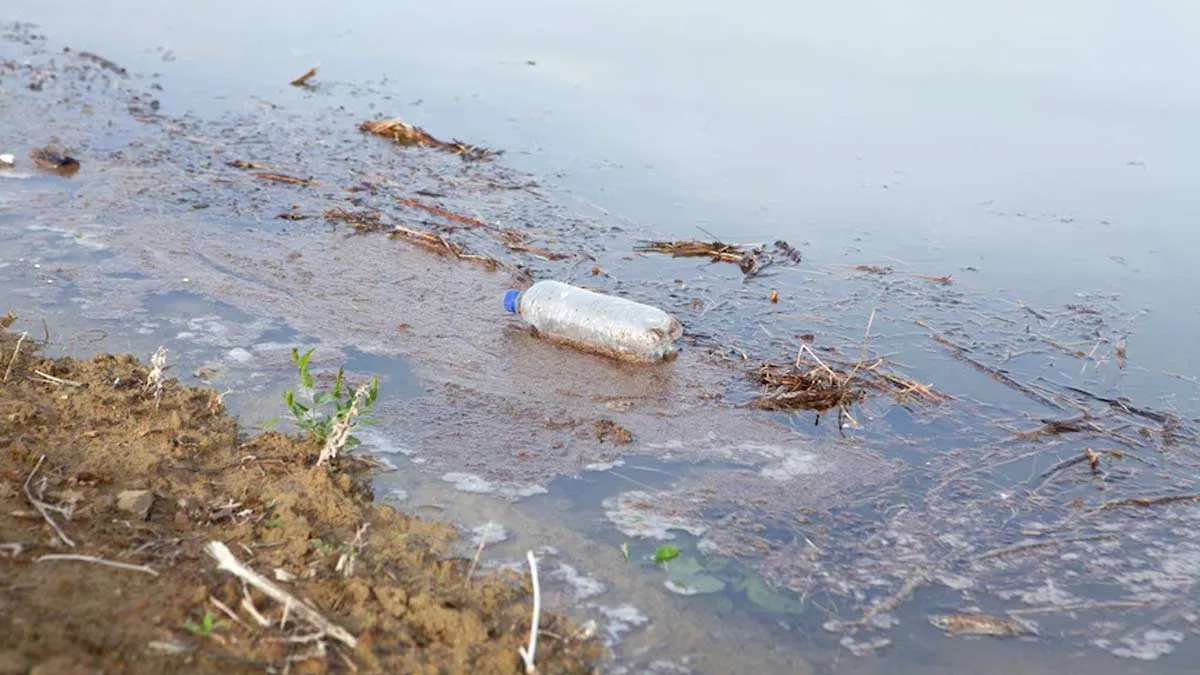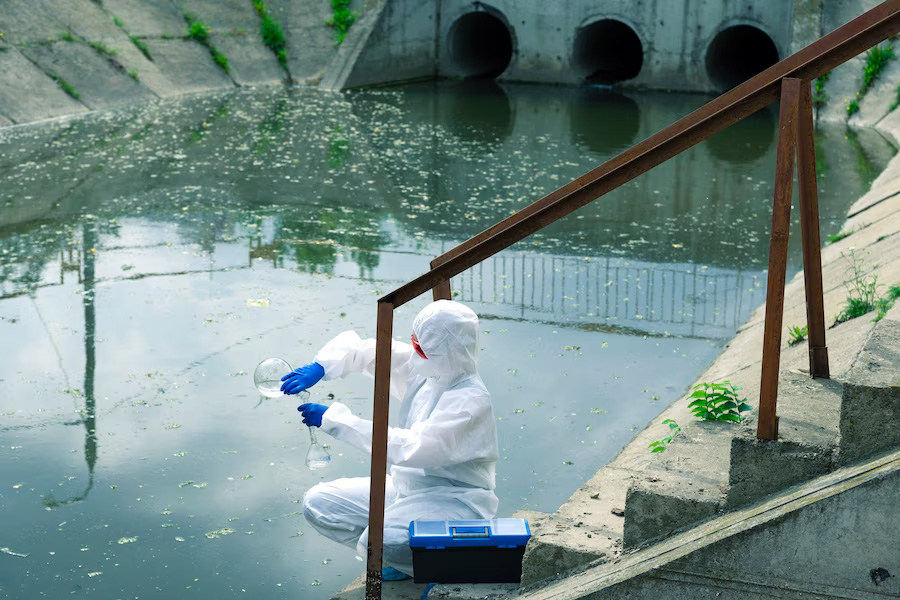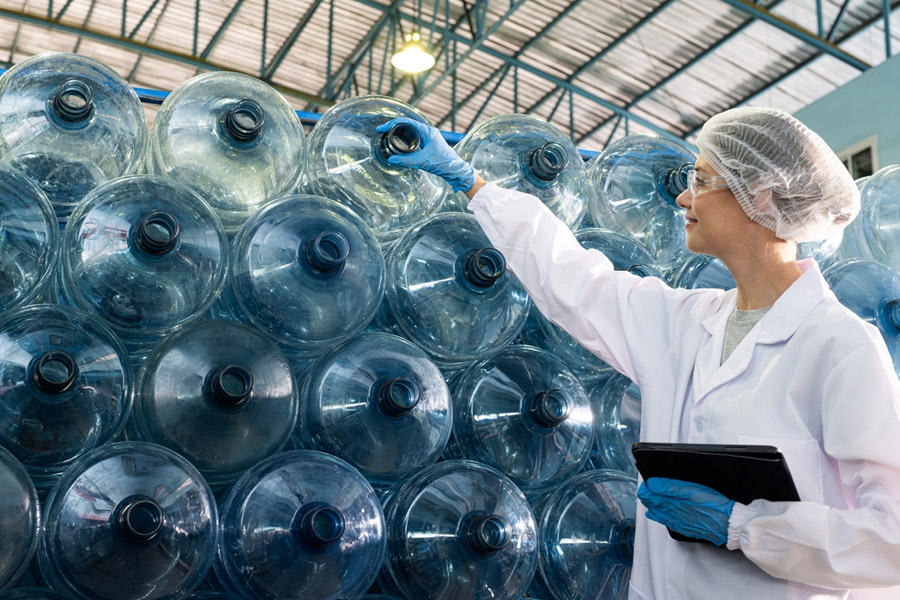
In our fast-paced urban lives, we often don’t think twice about turning on the tap for a glass of water, trusting that it's clean and safe. But what if the very water we rely on every day is quietly carrying hidden dangers? From industrial waste to ageing pipes and runoff from nearby farms, our urban water sources can be contaminated with substances that pose serious health risks, including an increased chance of cancer.
Table of Content:-
To mitigate these risks, we reached out to Dr Kirankumar Sajjanshetty, Consultant - Medical Oncologist, Gleneagles BGS Hospital, Bengaluru, who shared easy ways to reduce your exposure to pollutants in your water.
Common Water Pollutants and Cancer Risks
Urban water sources are often contaminated with substances linked to cancer risk. These pollutants come from various sources and pose long-term health threats.

- Chlorine and Disinfection Byproducts (DBPs): Chlorine is commonly used to disinfect drinking water, but when it reacts with organic matter, it forms Disinfection Byproducts (DBPs), such as Trihalomethanes (THMs) and Haloacetic Acids (HAAs). According to a 2024 study, long-term exposure to DBPs can increase the risk of bladder and colorectal cancers.
- Lead from Old Pipes: Lead is often found in older homes with lead plumbing. Lead can leach into drinking water, even in small amounts, posing serious health risks. "The World Health Organization (WHO) has classified lead as a probable human carcinogen [cancer-causing agent]. Long-term exposure can increase the risk of kidney, brain and lung cancers," said Dr Sajjanshetty.
- Nitrates from Agricultural Runoff: Nitrate contamination in drinking water is a result of fertiliser and animal waste runoff from agricultural areas. When ingested, nitrates can form nitrites in the body, which have been linked to colorectal cancer.
- PFAS (Per- and Polyfluoroalkyl Substances): PFAS are a group of chemicals used in everyday items like non-stick cookware and water-repellent clothing. "These 'forever chemicals' accumulate in the body and do not break down in the environment. PFAS exposure increases the risk of kidney, testicular, and liver cancers. Urban areas near industrial sites are often at high risk for PFAS contamination," added Dr Sajanshetty.
- Microplastics: Tiny plastic particles, known as microplastics, have been found in water supplies, even bottled water. While the link between microplastics and cancer is still being studied, they can carry toxic chemicals that accumulate in the body, posing potential cancer risks.
Also Read: Invisible Pollutants: How Microplastics Are Stealthily Entering Our Food Chain
How to Protect Yourself from Water Pollution
While these risks are concerning, there are practical steps you can take to reduce your exposure to harmful water pollutants. Here are some listed by Dr Sajjanshetty:
1. Test Your Water

The first step in protecting yourself is to know what's in your water. Many labs now provide water quality reports, but you can also buy a water test kit to check for lead, nitrates, chlorine byproducts, and PFAS. If you live near agricultural areas or industrial sites, testing is particularly important.
2. Use Filtered Water
Most RO filters help remove harmful chemicals like chlorine, lead, and PFAS. Hence, choose a filter that is certified to remove the contaminants.
Also Read: Are You Using A Proper Filter Before Drinking Water? Know About the Importance Of Filtering Water
3. Avoid Plastic Bottled Water

Microplastics are becoming an increasing concern, even in bottled water. To reduce your plastic consumption, consider using reusable glass or stainless steel bottles. Additionally, copper vessels are a great option, as copper is known for its natural antimicrobial properties and is believed to purify water by eliminating harmful bacteria. There are also various health benefits associated with using copper.
4. Advocate for Clean Water
Support policies that regulate industrial waste and improve water treatment systems. By advocating for stronger environmental protections and improved infrastructure, you can help ensure safer water for your community.
5. Replace Lead Pipes
If your home has lead pipes, consider replacing them to eliminate the risk of lead exposure. It's important to take action if you live in an older building with outdated plumbing.
Bottomline
Dr Sajjanshetty concluded, “Water pollution is a significant health threat, with pollutants like chlorine byproducts, lead, nitrates, PFAS, and microplastics increasing cancer risk. However, by taking proactive steps, such as testing your water, using a reliable filter, and reducing plastic use, you can protect yourself and your family. Clean water is not just a convenience, but a necessity for maintaining health and reducing the risks associated with harmful pollutants.”
[Disclaimer: This article contains information provided by an expert and is for informational purposes only. Hence, we advise you to consult your own professional if you are dealing with any health issues to avoid complications.]
Also watch this video
How we keep this article up to date:
We work with experts and keep a close eye on the latest in health and wellness. Whenever there is a new research or helpful information, we update our articles with accurate and useful advice.
Current Version